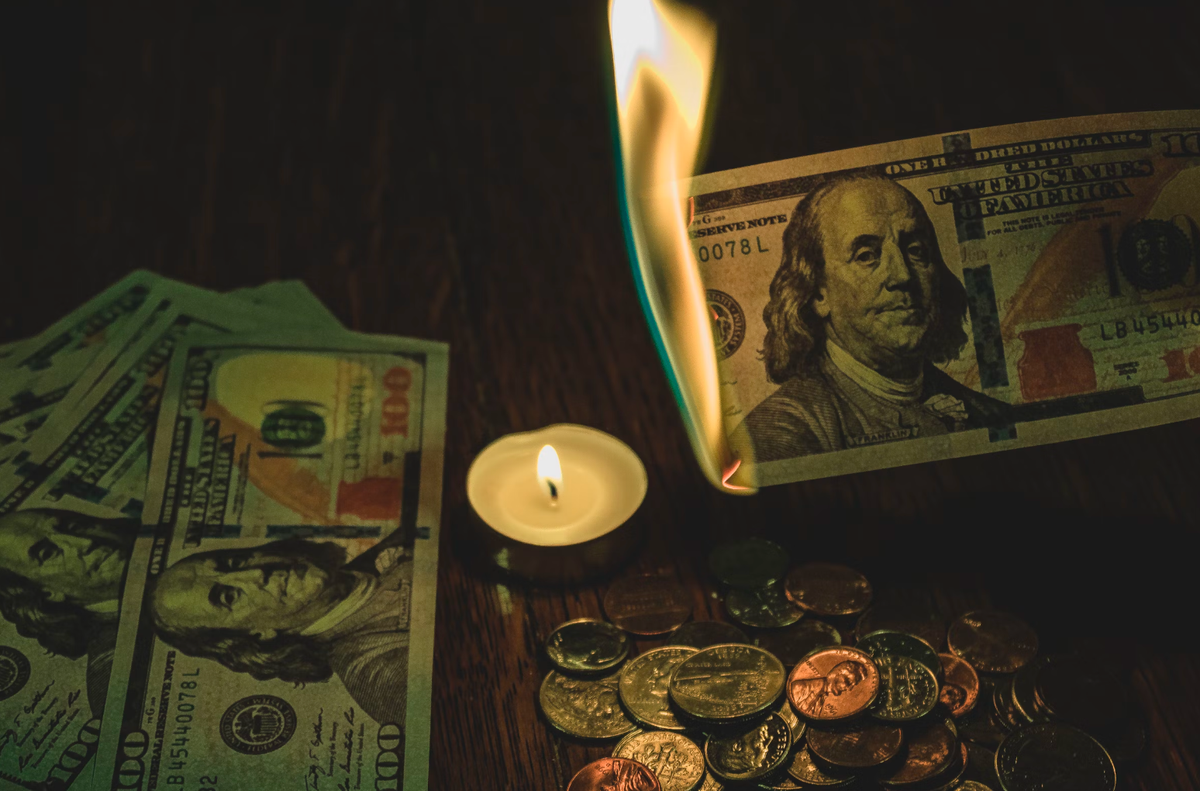There Are Good Clients and Bad Clients

I am extremely fortunate that I get to pick people I want to work with. Maybe this won’t always be the case. But for now there are three types of people I just won't work with. I'm too old, too tired, and have the luxury to say no.
I don’t want to work with people who treat me like “staff.” I've parted ways with two clients this year because of this one. No shade on them. Maybe my ego is just too big. Maybe some people work better with more junior people they can pull rank over this way, and that's just not me. (Frankly, I don't like to treat anyone in my life this way.)
I just know I won't do my best work in this dynamic, and I don't want to waste my time or your money.
What do I mean this? I know it when I feel it.
If I have to repeatedly remind you to pay me, that’s a tangible thing that makes me feel disrespected. But there are other intangibles.
I never want or need any public credit for work I do. That's the whole point of me being your collaborative writer behind the scenes. I'm on the acknowledgement page, not the title page.
But how you act towards me about my contribution is another matter. You taking credit for work I did to me is kinda gross. Or, if I’ve invested into your book– either in terms of investing extra time upfront before a deal or making asks of my network well beyond the scope of my work or generally going the extra mile for the good of a project– then just treat me with the respect of someone who has also put skin in this thing. It doesn't cost you anything. The good clients do this automatically.
Another example: I am absolutely fine with texts or emails all hours of the night or day. But don’t act like my time and my work is less valuable than yours. We just aren’t going to get along. If you expect me to be on time for meetings; you be on time for them.
That kind of thing. And you know what? The best business people always treat everyone this way. This should not be a lot to ask.
I am not your fan service scribe. There’s a fine line between working with someone on a book and writing a hagiography of how great they are.
What I’m good at is going deep with you and helping figure out the book that only you can write, the book that is bigger than just you. That uses my skills as a former journalist and someone who owns a store and sees what's selling and how reps are talking about what they see moving, etc.
There are a lot of people who do the latter really well, and I’m just not one of them.
Most of all, do not hire me if your #1 goal is conning your way onto the New York Times list. I have a real issue with people cheating their way onto bestseller lists.
Let me explain what I mean by that, and what I don't mean by that.
People always ask me how important it is to be on the list. And I usually ask how important it is to them.
It is important clearly. And as an author, the list is something you should shoot for, because you signed a contract with your publisher that means you have a fiduciary duty to market the hell out of your book. Being a New York Times Bestseller greatly helps. It can help your book catch fire. It can encourage stores to stock it.
So if people are willing to throw book parties for you where they buy a bunch of copies? Great.
If you can harangue every person you have ever met to buy a pre-sale copy so they count as first week sales? Amazing.
If you are an investor and every single portfolio company you’ve ever funded has committed to doing a corporate event, yeah, ask them to buy the books early so they count in first week sales.
This is not to say don’t hustle. Hustle for every single sale you can get in that all important first week which is the best shot you've got.
Have you met me? I am the queen of hustle. No one is going to out-hustle your book but you. And after about a week, your publisher will move on if it’s not striking.
What I find distasteful is people who spend six figures to outright cheat. Let me explain what that means, because I've been meaning to write about this topic for a while.
The New York Times takes this list very seriously. It is an editorial product. Every week, we report our sales from the store and characterize them to real people at the Times who reach out to us and loads of other stores who are New York Times reporting. The team at the Times works really hard to accurately represent what books are catching fire by individual people deciding I want to buy that book and putting down $9-$30 of their money to do so. It's one of the last pure measures readers can trust as a result.
Let’s be absolutely clear:
Their hard work is why the list matters.
Their hard work is why it has so much cache.
Their hard is why you are so desperate to be on the list to begin with.
When you cheat them you disrespect them.
The New York Times does not count lots of things. Amazon only counts as one sale per order no matter how many copies you buy. Large retailers like Costco, Target and WalMart are not NYT reporting.
But mostly, The New York Times does not count bulk sales equally. We have to be very precise in how we characterize them. No one truly knows how it works, because, again, we should not. This is an editorial product. They don't owe us the secret recipe.
But my understanding is if someone bought a ticket to a Kim Scott event, and the book was part of the ticket, that is an individual sale. They were knowingly making that purchase of the book as part of a bundle. But, if they bought a ticket to, say, CES and Kim Scott was speaking and she asked CES to buy copies of her book instead of a fee and they just gave them to attendees, that is not an individual sale.
They are working incredibly hard to capture intent.
I don’t agree with all the things they do. They don’t count any self published books, which I think is snobby, for instance. But I respect the fact that the people work extremely hard to give readers a sense of: Here is what people across the country are going to pay $9-$30 to read.
But of course, yes, there are agencies who will purchase you a spot. It costs between $150k and $200k. They buy chunks of copies of your book across small stores across the country. I don’t even know where those books go. A warehouse to rot?
The New York Times knows you did this because they are not stupid.
So do me a favor. Go look at the list right now. If you see the little dagger by someone’s name? That’s what they did. That’s the Times’ way of saying We know what you did, you m’fer.
Look, I get that not everyone is a former journalist who sees this as as gross as I do. Maybe you think it's cool if you have the money to cheat and you take a spot from someone who didn't. Why not? 'MERICA!
But let me ask you two questions if you are thinking about hiring one of these firms.
- To what end? What do you think magically happens if you have a no. 10 New York Times Bestseller for one week? I promise you the clouds don’t part and angels do not sing. There are 500+ per category per year. It is a HUGE accomplishment when... you’ve actually accomplished it. The ability to just go around saying it doesn’t change your life that much. For it to matter there has to be some actual momentum behind your book to keep those sales going. If your book is dead in the water; it’s still dead in the water and all you’ve done is waste $200k. Couldn’t have thought of a better use for that?
- Honestly: Why does that feel good to you? I’ll just repeat: This is only an accomplishment if you actually accomplished it. If you purchased your way onto a list that only has value because they work extraordinarily hard to make sure people can’t cheat it . . . what is going on in your heart when you go around bragging about that? Doesn't part of you scream "fraud!" each time you say it? Because I feel like I'm an imposter for way less on most days.
Look, you do you. But if the best use of $200k for you is cheating a bunch of journalists to brag about something you didn’t accomplish, we just aren’t going to get along.




